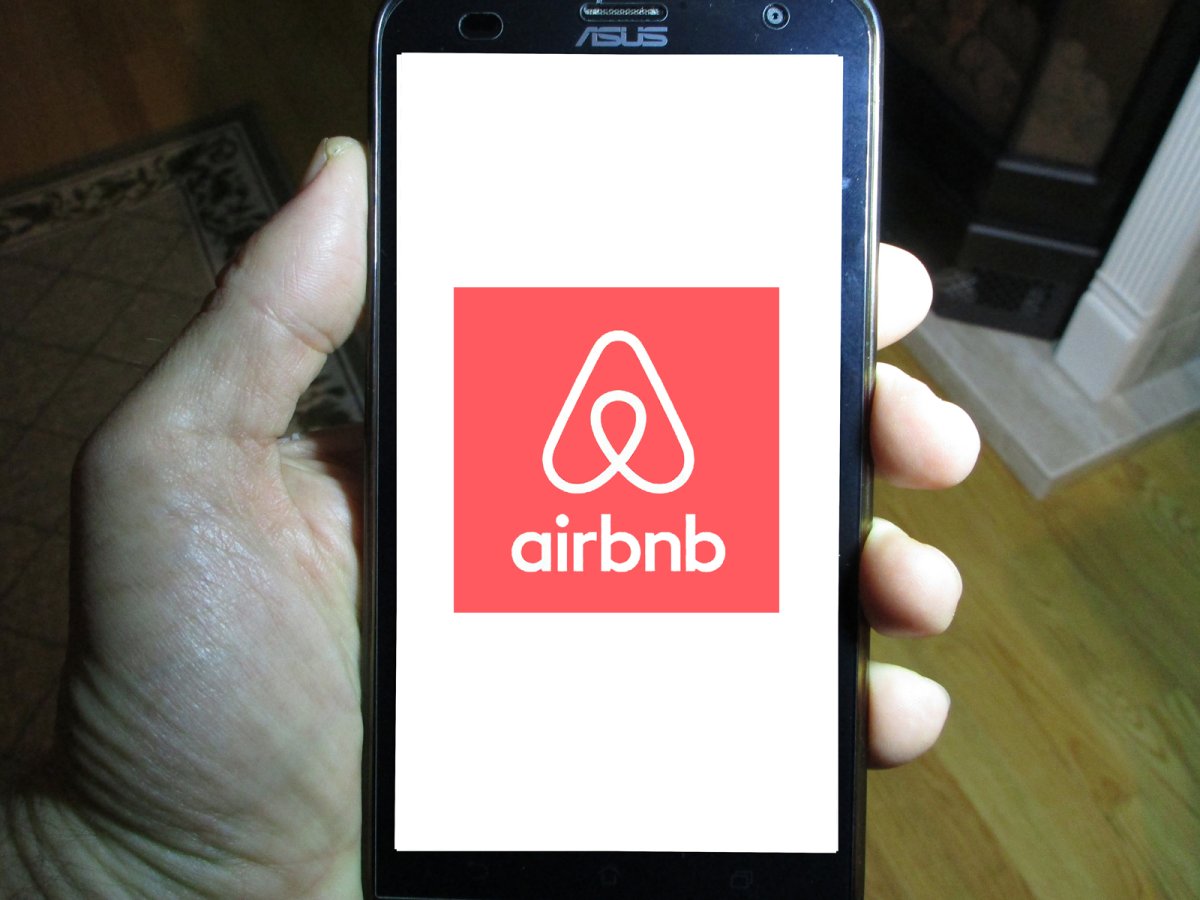Hamilton councillors have given the green light for city staff to go ahead with putting together a plan to tighten rules on so-called ‘party houses’ in the city limits.

On Tuesday, the city’s municipal law enforcement executive offered up planning committee members a proposed system limiting property owners from renting out principal residences in an effort to stem complaints from neighbours.
“If they live elsewhere, and they happen to own this property, then they would not be able to STR (short-term rental) that location,” Robert Ustrzycki suggested.
The plan is derived from recommendations from a staff report produced through public consultations including an online survey suggesting the adoption of a regulatory scheme similar to one in place in Toronto.
That bylaw came into force in January 2021 and requires a property owner intending to rent out a space for less than 28 days to get a city licence.
“This limits operators to a single STR within their principal residence or dwelling unit and disallowing commercial or multiple listing operators,” said Ustrzycki.

Get daily National news
“The objective of this requirement is to improve neighbourhood fit by ensuring personal accountability for the dwelling unit being used.”
An estimated 900 STR units are operating in the city with the highest concentration in downtown Hamilton based on information gathered pre-COVID-19, according to Ustrzycki.
He says about 60 per cent or 600 of those units are unoccupied and see the entire dwelling rented out for use on platforms like Airbnb.
The exec went on to say that cutting down STRs and mitigating the ‘party houses’ problem hopefully will have a positive residual effect of protecting the housing market against the buying up of investment properties.
Downtown (Ward 2) Coun. Jason Farr told councillors such STR properties are a “double-edged sword” since they support tourism by offering more accommodations during major events, but admits “a few hot spots” have generated complaints from neighbours.
If approved, the plan would limit STRs to dwellings occupied by an owner or long-term renter. Short-term renting of basements would require the home’s occupier to apply for a licence with a landlord’s permission.
City staff are projecting implementation of the licensing program in the first quarter of 2023 for a cost of about $214,000 annually, consisting of two full-time employees and a part-timer to issue licences.
It would also require a one-time purchase of a vehicle for an additional $36,000.
“To receive 900 applications, process it, hire the appropriate staff, create the portals, all the back-end work, the forms, the guidelines, that would take approximately three or four months,” said Ustrzycki.
It’s expected law enforcement executives will return to councillors with the final scheme for committee approval in August after posting public notice.












Comments